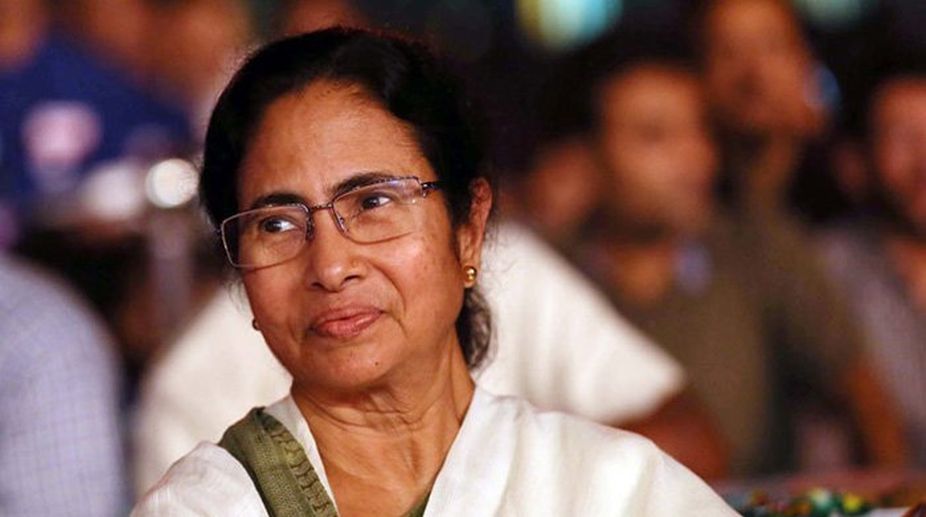Publisher looks east to expand
Children's Book Trust, a New Delhi-based publisher for children’s book are now finding new arenas for growth.

WB Chief Minister Mamata Banerjee (Photo: Facebook)
Upbeat after a continuous stream of electoral successes, West Bengal's Mamata Banerjee government completed six years in office on 20 May- but the landmark also came in challenging times for the ruling party, with the CBI and other central agencies probing graft charges allegedly involving many of its leaders.
It was on May 20, 2011, that Mamata Banerjee took oath as Chief Minister at the head of a Trinamool Congress-Congress government after ousting the 34-year-old Left Front regime. The LF was left with a meagre share of 60 of the 294 seats in the assembly polls, as it was decimated by the Trinamool Congress-Congress-Socialist Unity Centre of India (Communist) combine.
Advertisement
Since then, much water has flown down the Ganga, with the Trinamool going from strength to strength in the state – as Banerjee snapped ties with the Congress both at the centre and the state, and started expanding her party's base by marginalising the Congress in its bastions and roping in its leaders and elected representatives one by one.
Advertisement
By the time the assembly polls were held last year, the Trinamool had become strong enough to singlehandedly take on a newly formed Congress-Left Front alliance. In the vote count, the Trinamool won a massive 211 seats, decimating the Congress-LF combine.
Nearly a year has passed after Banerjee was sworn in as Chief Minister for the second time on May 27, 2016 but the Trinamool has retained the winning momentum in all the by-polls to Lok Sabha and assembly seats and elections to civic bodies held since then.
"Didi" (as Banerjee is affectionately called) has had more reasons to cheer, as the Supreme Court struck down the land acquisition made by the erstwhile LF government for the Tata Motors'Nano project in Hooghly district's Singur in 2006, and ordered the land be returned to the cultivators.
As the Trinamool had spearheaded the Singur anti-land acquisition protests, which – coupled with a similar peasant protest in Nandigram – played a major role in its victory in 2011, the Banerjee administration went on the fast forward mode and returned physical possession of land to the peasants.
However, simultaneously, the state's political landscape has shown some signs of change, with the BJP making a strong pitch to unseat a gradually weakening LF and the Congress and emerge as the main alternative to the Trinamool with backing from the NDA central government.
The BJP's aggressive politics was all the more evident during Ram Navmi this year when Hindu rightwing groups, affiliated to the RSS, organised grand rallies, not seen before in the state.
But more crucial for the Trinamool could be the ongoing investigation by central agencies like the Central Bureau of Investigation, Enforcement Directorate and Serious Fraud Investigation Office into the Saradha and Rose Valley Chit fund scams.
Two Trinamool MPs Sudip Bandopadhyay and Tapas Pal were arrested in connection with the Rose Valley scam. Bandopadhyay got bail a day back, but Pal still languishes in custody.
In the past also, a number of Trinamool leaders were arrested or interrogated in connection with the Saradha scam.
But what could be more worrisome for the Trinamool is the CBI probe ordered by the Calcutta High Court into the purported sting operation videos uploaded by the Narada news portal that showed a dozen Trinamool heavyweights – state ministers, MPs and MLAs included – allegedly taking wads of currency notes in lieu of a pledge to dole out favours to a fictitious firm.
With the CBI filing an FIR against all those purportedly seen accepting money in the videos, the next twist in the unfolding drama could come when it files a report before the high court of its progress in the probe.
Advertisement